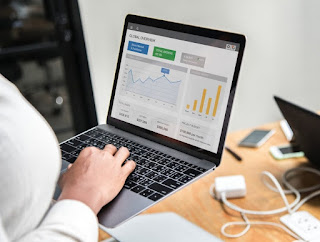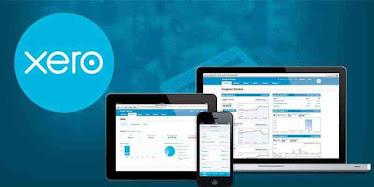Purpose of self-assessment in accounting
Self-assessment is a system used by HM Revenue and Customs (HMRC) to collect the income tax. Although, tax is usually withdrawn automatically from wages, pensions, and savings, in some cases, people have to fill in a tax return at the end of each tax year.
What information do you need to submit in a Self-assessment tax return?
In the self-assessment, you need to keep statements and receipts throughout the year and complete an online return before the deadline.
You will have to submit complete financial records, HMRC may check your records, and can penalize you if records are not complete, accurate, or readable. Remember that your records must include the following things:
•
Require documents related to benefits you may
receive
•
Information about overseas income
•
Documents related to savings, investments, and
pensions
•
Full Details of any rental income
•
Documents having information about your pay and
tax
•
VAT records (if you are VAT-registered)
•
Include all expenses
•
Your personal income
•
PAYE records (if you employ other people)
•
Your sales and income
Self-assessment can be complex if you do it by yourself. You
can take assistance from Birmingham Accountants who are experienced and can carry out your self-assessment.




Comments
Post a Comment